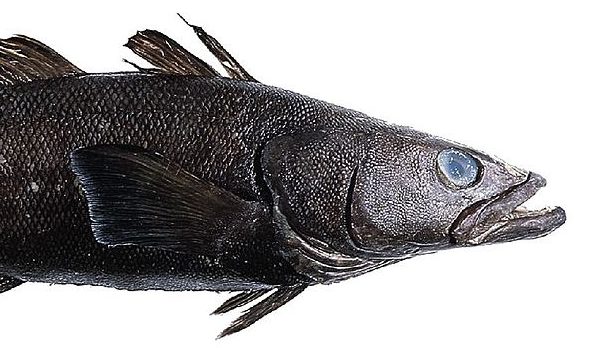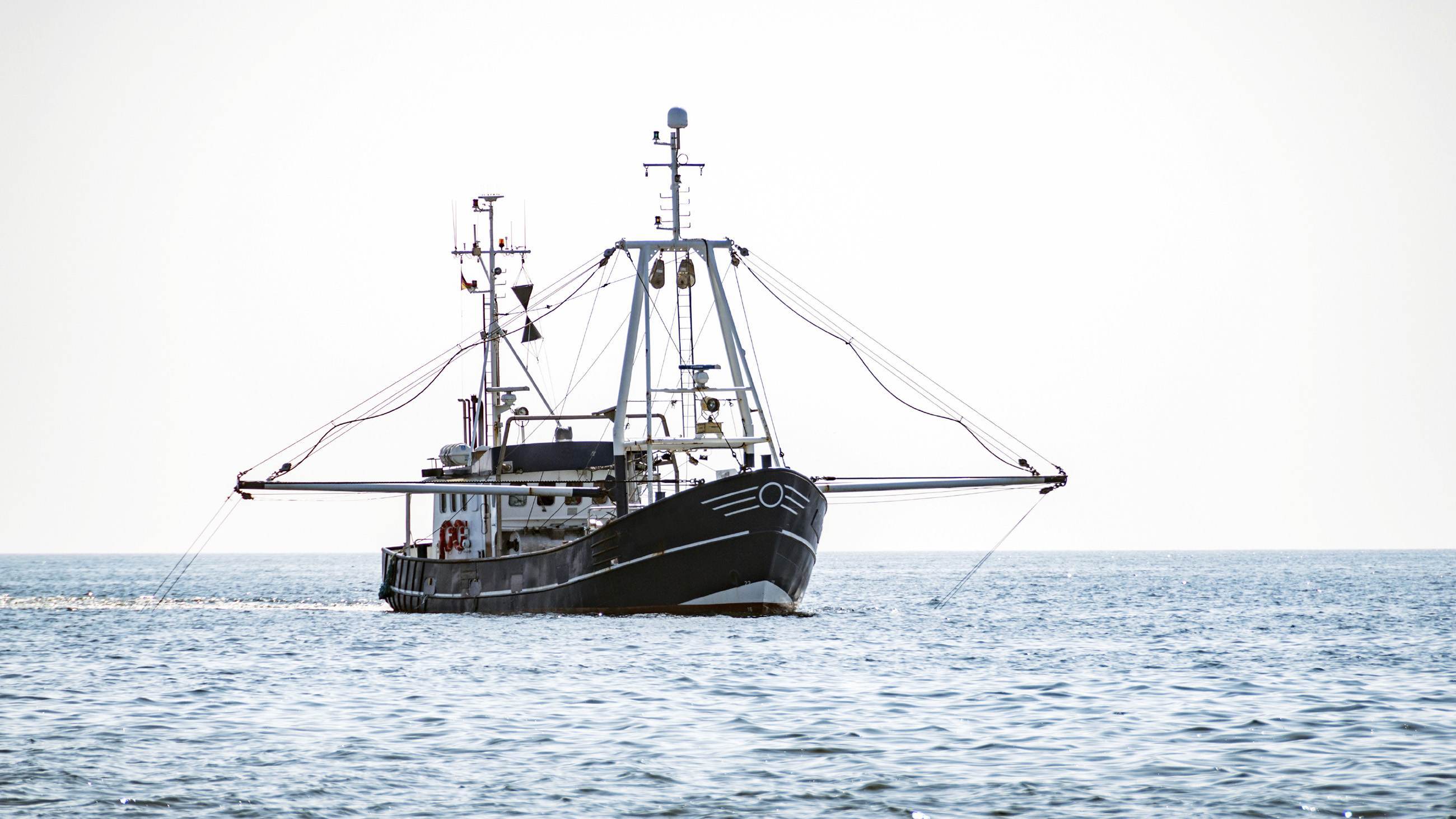An Unexpected Tool in the Fight to Stop Illegal Fishing
In March 2015, Indonesian authorities blew up the Viking, the last of six illegal fishing vessels known as the “Bandit 6.” The ships, operated by crews wanted for poaching and other crimes, are just a few of the many “illegal, unauthorized and unregulated” (IUU) fishing vessels that circumvent national and international law.

In 2000, 16,000 tons of toothfish were harvested illegally, but twice that number may have been taken illegally. (Visual by U.S. FDA/Wikipedia)
IUU fishing vessels drain an estimated $10 to $20 billion from the global economy every year, in addition to devastating fish populations. The Bandit 6 in particular were known to catch toothfish, or Chilean sea bass. The species has not been declared endangered, but its stocks are particularly worrying because of how hard they are to manage. According to a report by the U.S. Department of Commerce and the Department of State, 16,000 tons of toothfish were harvested in Antarctica in 2000, but twice that number may have been caught illegally. When the Perlon — another Bandit 6 ship — was caught in May of 2015, the vessel was found to have 330 tons of toothfish — about $6.4 million worth according to Mongabay.com.
While these ships are often discovered through inspections, a new study suggests an alternate, and perhaps more efficient way to curtail such illegal practices: by denying the ships insurance, which is often required for maritime operations.
The study, published in Frontiers in Ecology and the Environment, reported that that nearly half of IUU fishing vessels were able to obtain insurance for their operations. By matching client information available online with international IUU lists, Dana Miller, a postdoctoral fellow at the University of British Columbia and lead author of the study, said the research team determined that 48 percent of IUU vessels that were over 1,000 gross tonnes (1,100 U.S. tons) had verifiable insurers. To her surprise, Miller found that, before they were caught or sunk, even the Bandit 6 had insurance.
Now a consultant for Oceana, a non-profit organization dedicated to ocean restoration, Miller emphasized that she doesn’t want to blame the insurance companies.
“I genuinely believe that [insurers] are not aware of their role in facilitating illegal fishing,” she said. She hopes that with new information, insurance companies can become a tool in fighting against these vessels.
And the study was well-timed to get attention, published just one day after the world’s first illegal fishing treaty, of which the U.S. is a supporter, went into effect. In an email, NOAA spokeswoman Jennie Lyons said IUU fishing and seafood fraud threaten natural resources and put fishermen and seafood producers who follow the law at a disadvantage.
Lyons added that the practices, including misrepresented seafood products, “jeopardize the health of fish stocks, distort legal markets, negatively impact consumer confidence, and unfairly compete with products of fishers and seafood producers that comply with fishery regulations.”
Illegal fishing ships often fly a number of different national flags to avoid getting caught, and though the new international treaty will have an effect on stomping out illegal operations, catching vessels still often depends on inspections from authorities. But illegal industries are inherently risky and if insurers are more aware of which ships are illegal, Miller hopes they will be much more hesitant to offer financial protection, which will in turn make the illegal fishing industry look a lot less inviting.
Miller points out that ship insurers can check the same websites that she did for the study, like the Combined IUU Vessel List, and INTERPOL’s Purple Notice list. Just a simple search of their client’s names or their International Maritime Organization (IMO) number could have a major impact on IUU fishing operations.
While striking at illegal fishers through their insurance is a “different approach that isn’t as obvious,” Miller says, she is hopeful that the insurance industry will be supportive. Her study has already received attention from publications such as Business Insurance. And, as she emphasizes, a quick internet search by these companies could help solve “an unresolved, international pervasive problem.”










